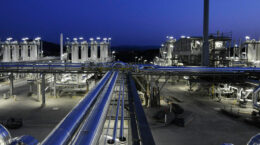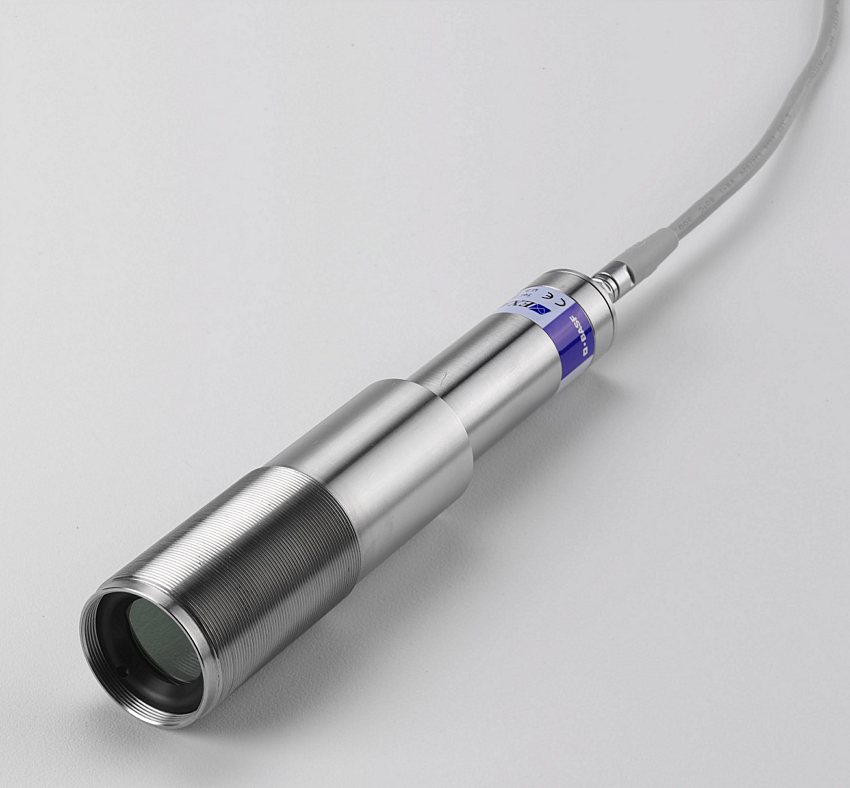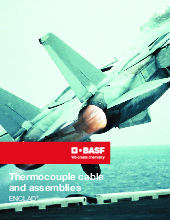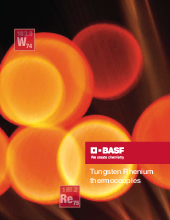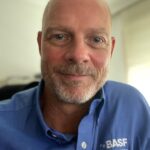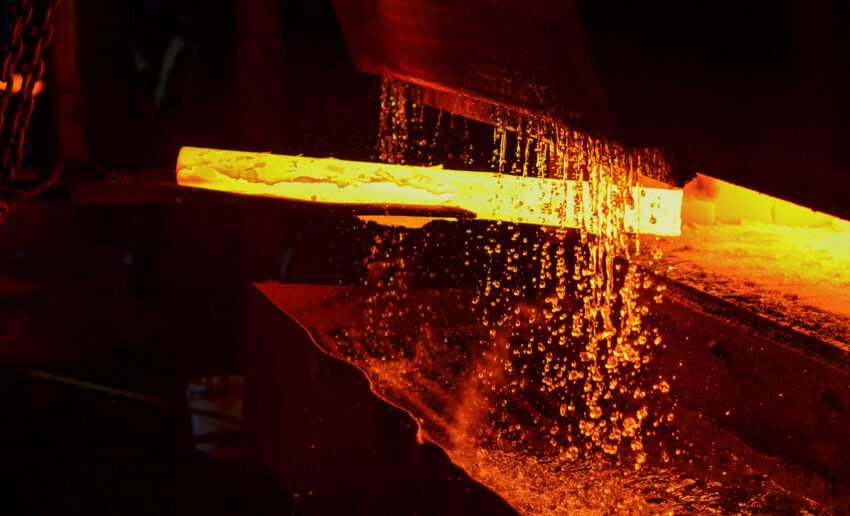
Heat treating solutions: Increasing temperature range, resolution, and measurement speed
From molten glass temperatures to heat-treating furnaces, BASF has supplied Enclad® thermocouples for various applications by creating new designs that emphasize precision and focus. With our technical capabilities and experience, BASF provides the expertise to meet your application needs. The result? Significant increases in temperature range, resolution, and measurement speed, for starters.
We combine a wide measurement range with high resolution to build instruments that are precisely tuned for measurement—one of the many reasons why BASF is among the industry leaders in heat treating solutions.


